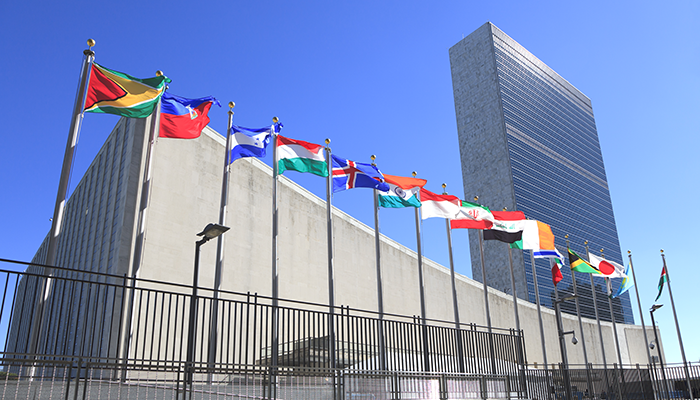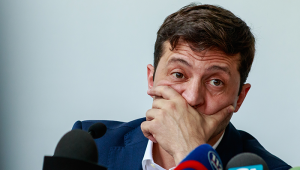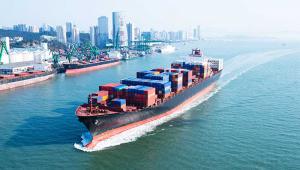web_un_new_york_shutterstock_488226595.png

UN headquarters in New York
Developing nations, many of which rely on exporting commodities, face a drop in overseas investment of more than $2trn in the next two years, according to the UN’s trade and development agency UNCTAD, which called on wealthier nations to deliver an unprecedented volume of foreign aid to offset the impact on their developing counterparts.
“The health crisis is still to come in many developing countries,” said Richard Kozul-Wright, a director at UNCTAD.
“[Coronavirus] is a very vicious combination of an economic crisis and a health crisis. So we have got to find ways of strengthening the healthcare system and services in developing countries and building up resilience on that front very quickly.”
The proposed rescue package would be split into three areas: a $1trn injection into poor countries’ reserves, on a scale “considerably beyond” the 2009 response to the global financial crisis; an immediate freeze on debt repayments followed by $1trn of relief; and $500bn of emergency cash for poor countries’ health systems and social relief programmes, to help minimise the human cost of coronavirus.
UNCTAD said its proposed measures equate to roughly the same amount of money as would have been delivered to developing countries over the past decade had OECD countries met their target of spending 0.7% of GNI on international aid.
Rich industrial nations have already put in place $5trn to protect their own economies, but Kozul-Wright said that despite this, the world economy would go into recession, spelling “serious trouble for developing countries”.
“Advanced economies have promised to do ‘whatever it takes’ to stop their firms and households from taking a heavy loss of income,” he said.
“But if G20 leaders are to stick to their commitment of ‘a global response in the spirit of solidarity’, there must be commensurate action for the six billion people living outside the core G20 economies.”













